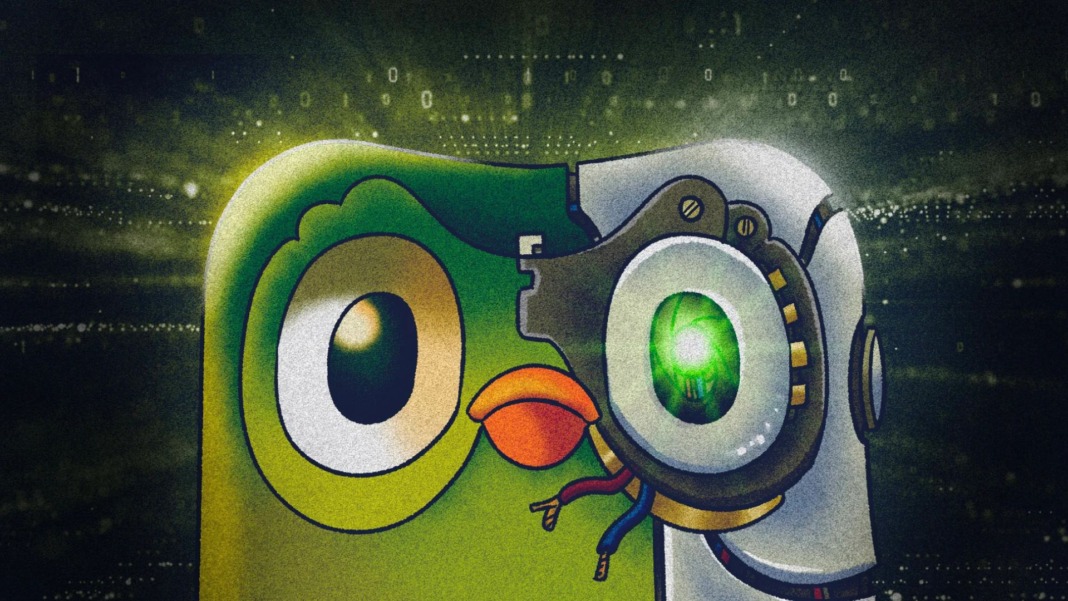Duolingo is changing how it works by becoming an “AI-first” company, which means big changes to how the business runs daily—in an email sent to all employees, co-founder, and CEO Luis von Ahn confirmed that the company will begin to gradually stop using contract workers for tasks that artificial intelligence can now handle. The email, later shared on Duolingo’s LinkedIn page, explained that the move is part of a wider plan to rethink the company’s structure and ways of working to grow faster and more efficiently.
A shift in how Duolingo operates
As Duolingo commits to using AI more deeply in its work, von Ahn said the company must completely rethink its current systems. Rather than simply adjusting processes made for humans, he said the company would need to start fresh in many areas. He clarified that relying on AI will not be optional, and the company will introduce new expectations to support this shift. From now on, AI usage will be considered when hiring new staff and reviewing current employee performance. At the same time, additional roles will only be added to teams if the work cannot be automated. This means Duolingo is not just using AI to support existing work—it’s using AI to decide how the work is organised.
Von Ahn was careful to stress that Duolingo is not abandoning its people. He said, “This isn’t about replacing Duos with AI.” Instead, the goal is to free staff from repetitive tasks and allow them to focus on more meaningful and creative work. He said the company wants to support its team with better training, guidance, and tools so that they can make the most of AI in their roles.
Scaling up learning through AI
Von Ahn clarified that AI is not just a productivity tool—it is essential to helping Duolingo reach its goal of teaching languages to more people. Creating a large amount of high-quality content has always been a challenge. Manually producing that content takes time, and the company fell behind the demand. One of the key improvements has come from replacing a slow, manual content process with one powered by AI. Von Ahn said that without this change, it could have taken the company decades to produce enough learning material for its users.
He also pointed to new features made possible by AI, such as Duolingo’s Video Call, which aims to deliver a learning experience close to that of a top human tutor. He admitted that the company’s use of AI isn’t perfect yet and that some errors are expected. However, he believes it is better to act quickly and risk minor quality issues than to fall behind by waiting for AI to become flawless.
Following trends in the tech industry
Duolingo’s decision comes when other tech companies are also turning to AI. Shopify CEO Tobi Lütke recently told his staff that they must show why AI cannot do their work before requesting more resources or staff. Von Ahn sees Duolingo’s decision in a similar light. He compared it to the company’s early bet on mobile learning in 2012. Duolingo focused entirely on mobile apps at that time, while many others still saw mobile as a secondary platform. That bold move helped the company earn Apple’s 2013 iPhone App of the Year award and grow quickly through word of mouth.
Now, von Ahn believes AI is the next big leap forward. With this shift, Duolingo aims to become more efficient, creative, and able to meet the growing needs of learners worldwide. While the change may feel uncertain, the company is confident that this new approach will help its users and employees succeed in the long term.




